
Blog
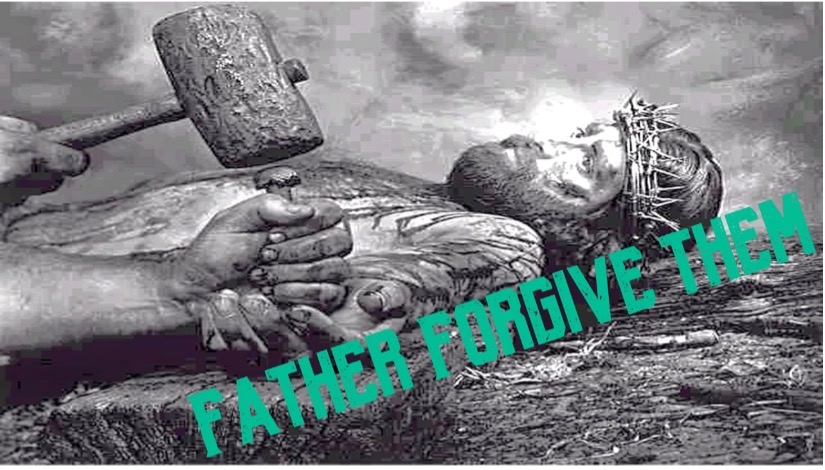
I remember, when my mother was still alive, she wouldn’t let us get away with anything. She was as they say, “honest as the day is long.” One time, when I was 17 years old, she was a passenger with me as I stopped to gas up the car. That was when you could drive all week on $20 dollars-worth of gas and still have money to spare. I did my best, on that particular fill up, to stop …
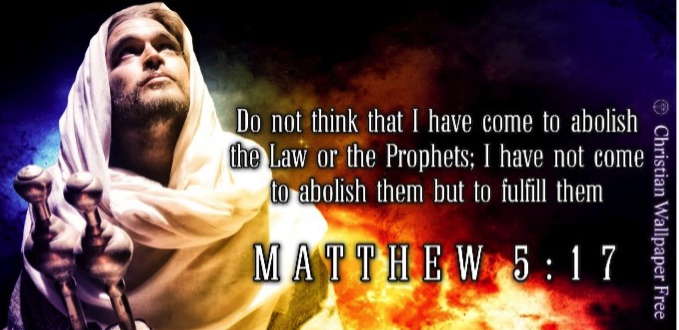
We continue, for the third week, to be on Mount of Beatitudes where Jesus gave the Sermon on the Mount. We started off by saying the Beatitude are ways of seeing. Jesus wants us to see and love in ourselves what God sees and loves in us. What God sees and loves in us is blessedness, salt, and light. In the Beatitudes, Jesus says “blessed are you” eight times, and then he gives us two more truths about ourselves: “You are …

From time to time, a man, a woman, and occasionally a child, will emerge in the Church to remind us that prophets still walk among us. Prophets, whether within the Church or beyond its boundaries, are often ahead of their time, misunderstood, and suffer ridicule and indifference. More often than not, they are appreciated only after they are long dead. Prophets point us to a larger reality where we can situate our lives and our decisions, both good and …
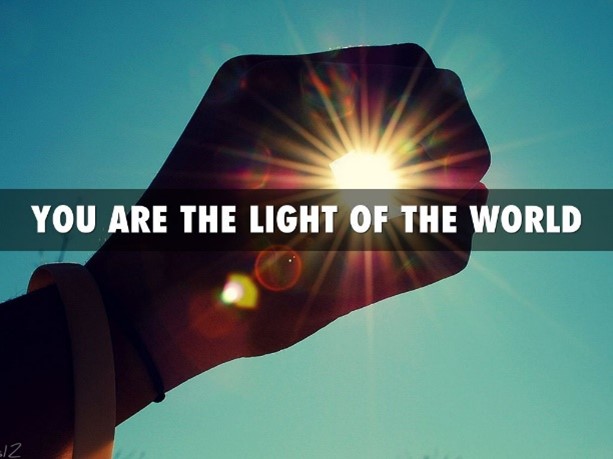
We heard in the opening line of last week’s gospel passage: When Jesus saw the crowds, he went up the mountain. He spoke to us from the mountain in what we traditionally call the Sermon on the Mount. This sermon begins with the Beatitudes where Jesus told us, no less than eight times, “Blessed are you.” We said that the first four beatitudes tell us that we have transcendence power. In other words, there is a power within us …
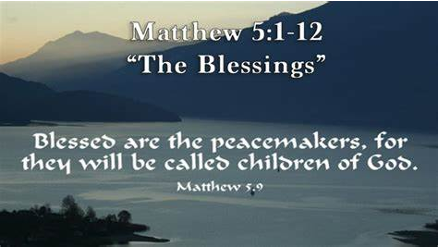
There was a well-known German philosopher, Max Scheler, who said that Zacchaeus came to see and love in himself what Jesus saw and loved in him. And that Peter, gradually and progressively, came to see and love in himself what Jesus saw and loved in him. It’s not a bad way of summarizing a lot of gospel spirituality. In the Beatitudes that we just heard, all that blessedness stuff, Jesus is telling us what he sees in us, and …
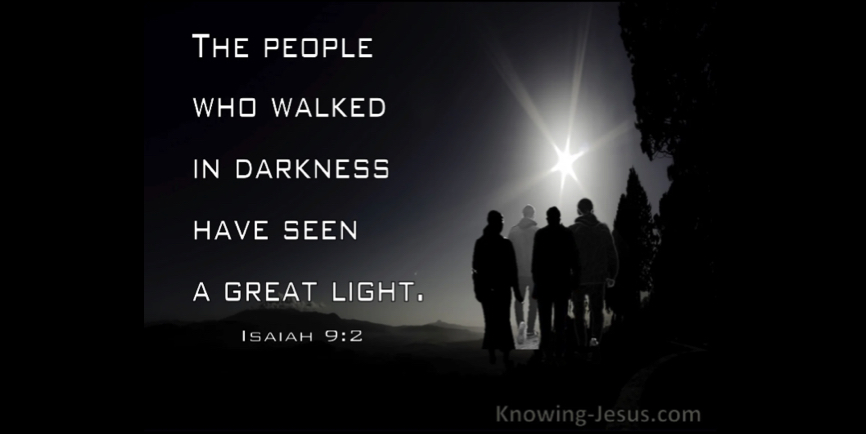
Once in the first reading, from Isaiah, and twice in the gospel we just heard, “the land” or “the territory of Zebulun and Naphtali” mentioned. On first hearing, I just want to skim over these words, these ancient Biblical places, and get on with the rest of the Scripture story. Historically Zebulun and Naphtali mean nothing to me, but metaphorically and symbolically they may have something to say to us. Geography and spirituality are more linked than we realize.
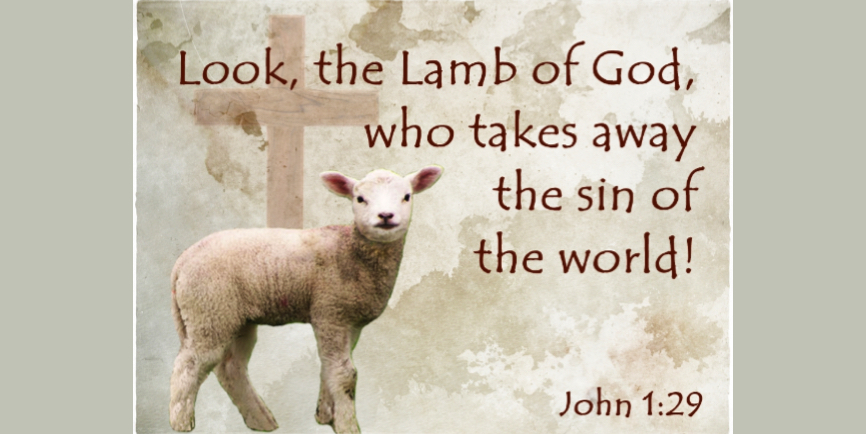
All four gospel writers, Matthew, Mark, Luke, and John, have their own version of Jesus being baptized in the Jordan River by John the Baptist. In Matthew, Mark, and Luke’s rendition of the story, a voice from heaven—the voice of God—says to the crowd, “This is my beloved Son,” or Jesus himself hears the voice say, “You are my beloved Son.” The version we heard today, from John’s Gospel, is not a story about Jesus or the crowd hearing the voice of God, …
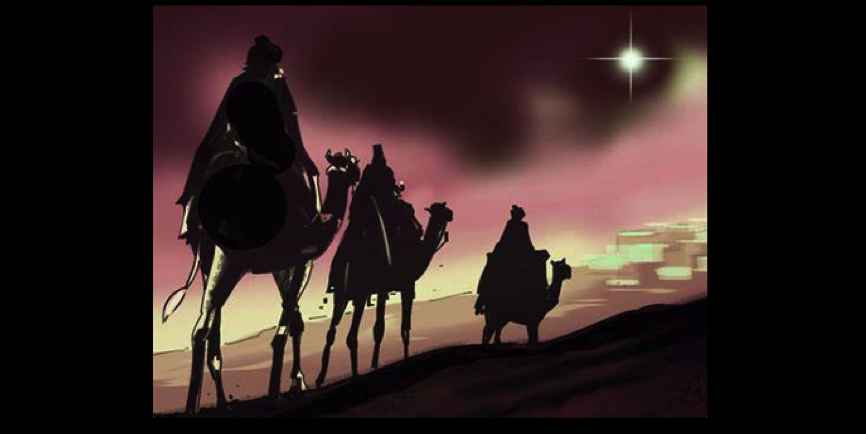
When I hear the word Epiphany, I automatically think of the Feast of Epiphany, the story of the Wisemen who came from the East to seek and to pay homage to the newborn king, Jesus. In secular terms, the word epiphany means a moment of sudden revelation or insight. We’ve all had epiphanies of one kind or another. (One day you looked in the mirror and realized you weren’t 22 anymore and had lost the ability to turn people’s …
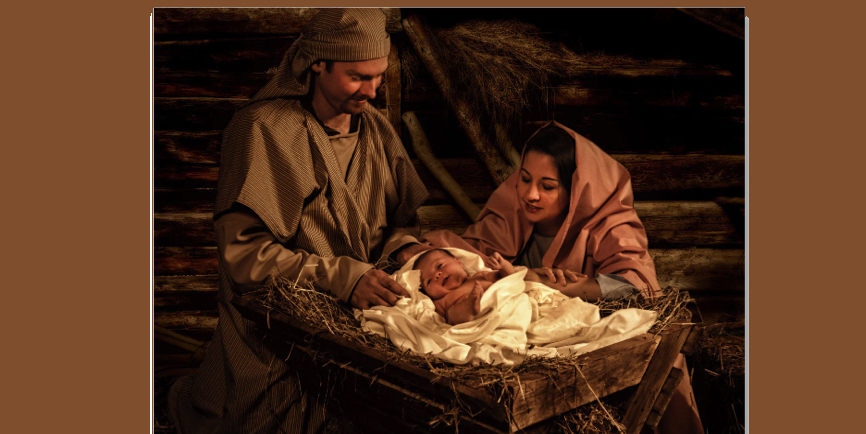
That very first Christmas has a little bit of detective work built into it. It’s not a “who did it?” as much as it is a treasure hunt. The treasure is, obviously, Jesus. He is not playing hard-to-get, but the shepherds still have to unravel the clues the Angel of the Lord gave them if they are to find the Messiah. At this point, they don’t know that their lives and the life of the world will be forever …
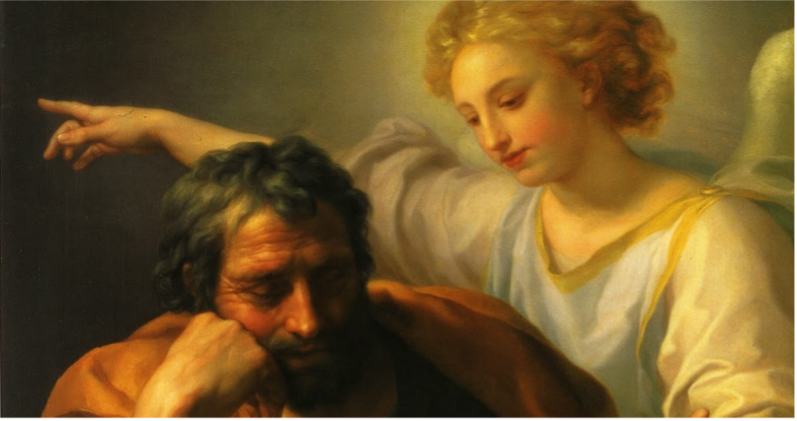
Once again, the first reading is interesting. The Prophet Isaiah has something to offer us on our faith journey, but like all Old Testament readings, this reading needs some explaining, some context.
It’s a story about Ahaz, the king of Judah, and it take place about 730 years before the birth of Jesus. Israel to the north and Judah to the south (where Ahaz is king) are sister countries. Between these two countries is where you find God’s Chosen …